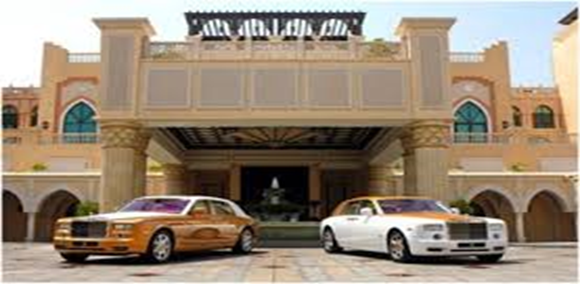Abu Dhabi residents are shunning new car purchases during the global downturn but are buying more consumer goods such as clothing, appliances and food, statistics from Mina Zayed Port show.
Vehicle imports slowed dramatically in the second quarter, falling by 81 per cent in April, 83 per cent in May and 86 per cent in June from the same periods last year, as dealerships dealt with falling demand and rising inventories.
In total, 19,809 cars were brought in through Abu Dhabi’s gateway port between January and June of this year, a 50 per cent drop. “The car data is a good indication of a slowdown in consumer spending,” said Simon Williams, the chief economist for Gulf markets at HSBC. He said that while the entire country was affected by the downturn, Abu Dhabi appeared to be one of the brightest spots.
In the first half of the year, Mina Zayed handled 27 per cent more containers, carrying everything from air-conditioning units to foodstuffs, according to the port’s operator, Abu Dhabi Terminals.
The growth in consumer goods imports may be partly attributable to population growth in the Abu Dhabi metropolitan area: from 930,000 in 2007, it is expected to increase to 1.3 million by 2013, says the Urban Planning Council.
Also growing strongly compared with last year were imports of general and bulk cargo – cement, steel and timber used by the construction industry in buildings and road projects. Overall cargo imports climbed 38 per cent in the first six months of this year to 2.6 million metric tons.
Etisalat just announced a reduction in its mobile phone subscriber base in the UAE. This might indicate, at least in the short term, population trends in Abu Dhabi and the Emirates taking different trajectories.



